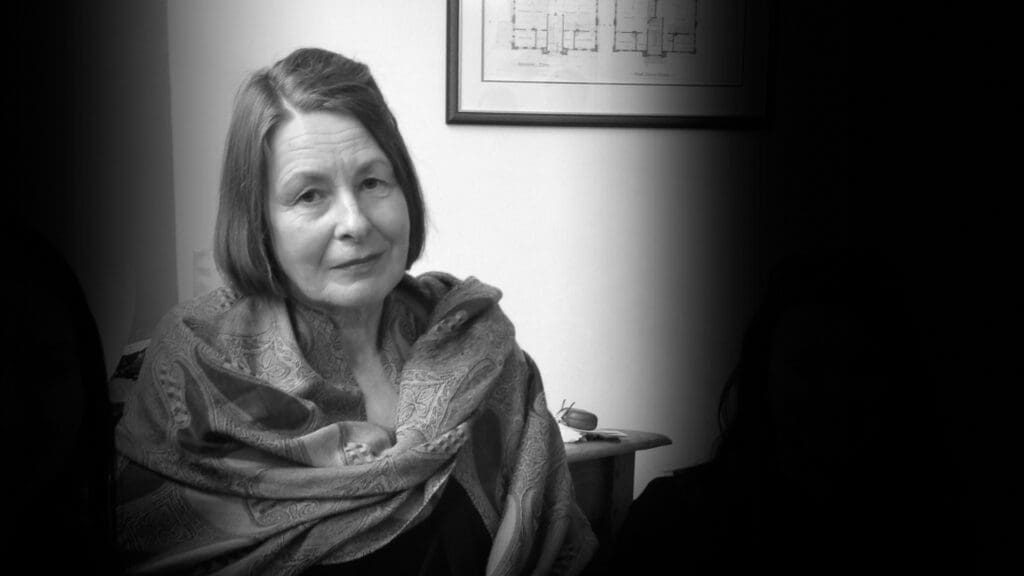Abortion win in High Court
Laws that promote the safety, dignity and privacy of women seeking reproductive healthcare have been upheld by the High Court of Australia.
The High Court today rejected a challenge by two anti-abortionists to the validity of Victoria and Tasmania’s safe access zone laws. The laws put an end to the harmful and distressing harassment and intimidation of women outside reproductive health clinics.
The Human Rights Law Centre and Melbourne Fertility Control Clinic, represented by Maurice Blackburn Lawyers, both intervened in the case to defend Victoria’s laws as necessary to ensure women and staff can access abortion clinics free from harassment and abuse.
Dr Susie Allanson, who worked as a clinical psychologist at the Clinic for 26 years, said this was a win for women accessing services and also for the dedicated staff working in abortion clinics.
“Since the safe zones came into effect, women and staff are no longer a target when they walk up to the clinic, and women no longer carry the heavy burden of being publicly attacked for seeking medical care. This is a great result that enshrines respect for women’s choices,” said Dr Allanson.
Adrianne Walters, Senior Lawyer with the Human Rights Law Centre said the High Court’s decision acknowledged the importance of privacy, safety and equality in access to healthcare.
“With today’s decision, women in Victoria and Tasmania never again need to worry about being forced to run a gauntlet of abuse to access abortion care. Safe access zones are here to stay.”
“Anti-abortionists outside clinics cause serious distress, fear and anxiety to patients and staff. Right now, women seeking reproductive healthcare in WA and SA are being harassed by anti-abortionists because their governments have failed to protect them. There can be no excuse for delaying safe access zone laws,” said Walters.
Jennifer Kanis, Principal Lawyer with Maurice Blackburn, who acted on behalf of the Clinic, said safe access zones protected women’s rights to safely access lawful health services where other legal protections had failed.
“We welcome today’s decision which has upheld a woman’s right to access her doctor free from fear, intimidation or harassment. Safe access zone laws protect the privacy, safety and dignity of women seeking reproductive health care and we are pleased that this decision upholds the primacy of privacy and health outcomes for women.”
“Maurice Blackburn acted pro bono in this matter because safe access zones are effective in preventing abuse and intimidation. We were part of the Supreme Court challenge that precipitated these laws and we will continue to fight for women to be free to access reproductive healthcare.”
Further information
Safe access zones prohibit a range of harmful conduct, such as harassing, filming and intimidating patients and staff within 150 metres of a health clinic that provides abortion services. The High Court was asked to determine whether a prohibition on communications reasonably likely to cause distress or anxiety in Victoria, and a prohibition on protests about abortion in Tasmania, are constitutional.
Victoria introduced safe access zone laws in 2016, while Tasmania introduced them as part decriminalising abortion in 2013., New South Wales, the ACT, the Northern Territory and Queensland also have safe access zone laws.
Victoria’s safe access zone laws can into force in 2016, following a Supreme Court challenge by the Melbourne Fertility Control Clinic to end decades-long harassment by anti-abortionists outside the Clinic. Maurice Blackburn Lawyers and the Human Rights Law Centre were part of the Clinic’s legal team for the 2016 challenge.
PRESS CONFERENCE
Date: Wednesday 10 April
Time: 1:30PM AEST
Location: The Forecourt of the Federal Court of Australia, 305 William St, Melbourne VIC 3000
Speakers
-
Dr Susie Allanson, Clinical Psychologist – formerly at the Fertility Control Clinic
-
Jennifer Kanis, Principal Lawyer, Maurice Blackburn (lawyers for the Clinic)
-
Adrianne Walters, Senior Lawyer, Human Rights Law Centre
-
Tania Penovic, Castan Centre for Human Rights Law
Media contact:
Michelle Bennett, Human Rights Law Centre: 0419 100 519
Paddy Murphy, Maurice Blackburn Lawyers: 0409 297 391
Media Enquiries
Chandi Bates
Media and Communications Manager

Legal challenge filed against Tasmanian Parole Board’s decision to gag free speech
The Human Rights Law Centre has filed legal proceedings on behalf of Tasmanian grandmother, Susan Neill-Fraser, to challenge a restrictive parole condition placed on her by the Tasmanian Parole Board seeking to limit her ability to speak to the media.
Read more
University of Melbourne urged to drop repressive anti-protest and surveillance policies
The University of Melbourne is being urged to abandon policy changes that restrict staff and students’ right to protest and permit the widespread surveillance of people using their wifi network.
Read more
Expanded protections for marginalised groups welcomed in Allan Government’s anti-vilification laws
The Human Rights Law Centre welcomes the additional protections for marginalised groups in anti-vilification laws passed today by the Allan Government. These laws expand protections from vilification to include people from LGBTIQA+ and disability communities, and provide communities with important civil law avenues to address vilification.
Read more


